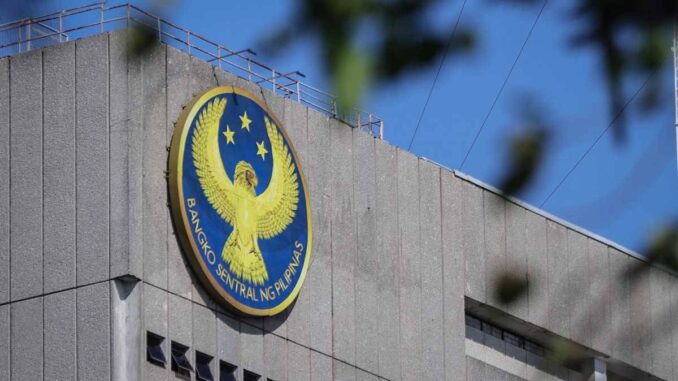
SHORT-TERM foreign investments turned negative in October after three straight months of net inflows, the Bangko Sentral ng Pilipinas (BSP) reported late on Friday.
Foreign investments registered with the central bank through authorized agents — also known as “hot money” because these can be moved quickly elsewhere to maximize profits from interest rates — reversed to a net outflow of $529.68 million from September’s $1.03-billion net inflow.
It was also higher than the $328.19 million net outflow recorded a year ago.
Rizal Commercial Banking Corp. chief economist Michael Ricafort said the decline was mainly due to geopolitical risks that had triggered profit-taking in financial markets worldwide.
Overall inflows for the month dropped to $1.48 billion, 41.5 percent down from September’s $2.53 billion.
Gross outflows, on the other hand, totaled $2.01 billion, 33.4 percent higher than the prior month’s $1.51 billion.
The United States remained the main destination of the outflows, accounting for 44.2 percent or $889.06 million.
October’s hot money inflows mostly went to Philippine Stock Exchange-listed securities (54.5 percent, or $807.08 million) particularly banks; holding firm; transportation services; property; and food, beverage and tobacco, while the rest was invested in peso government securities (45.5 percent, or $672.79 million).
The bulk of the short-term investments, or about 87.8 percent, came from the United Kingdom, Singapore, the US, Luxembourg and Malaysia.
Year-on-year, inflows were 55.1 percent higher than the $954.38 million recorded in October 2023, while outflows were up 56.7 percent from $1.29 billion.
Year-to-date, hot money inflows remained positive at a net $2.5 billion, also a reversal from the $328.19-million net outflow recorded from January to October 2023.
Registration of inward foreign investments is optional under foreign exchange (FX) transaction rules. This is only mandatory if the investor is buying foreign currency from authorized agent banks for the repatriation of capital or remittances of investment earnings.
“Without such registration, the foreign investor can still repatriate capital and remit earnings on its investment, but the FX will have to be sourced outside the banking system,” the central bank said.


Be the first to comment